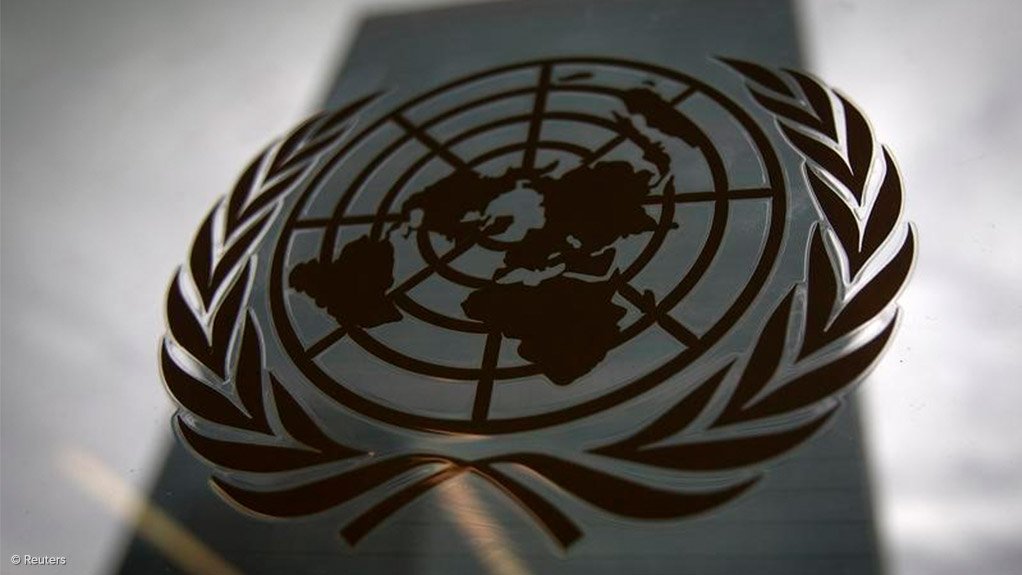The United States supports creating two permanent United Nations Security Council seats for African states and one seat to be rotated among small island developing states, US Ambassador to the UN Linda Thomas-Greenfield will announce on Thursday.
The move comes as the US seeks to repair ties with Africa, where many are unhappy about Washington's support for Israel's war in Gaza, and deepen relations with Pacific Islands nations important to countering Chinese influence in the region.
Thomas-Greenfield told Reuters she hopes the announcement will "move this agenda forward in a way that we can achieve Security Council reform at some point in the future," describing it as part of US President Joe Biden's legacy.
The push for two permanent African seats and a rotating seat for small island developing states is in addition to Washington's long-held support for India, Japan and Germany to also get permanent seats on the council.
Developing nations have long demanded permanent seats on the Security Council, the most powerful body in the United Nations. But years of talks on reform have proved fruitless and it is unclear whether US support could fuel action.
Ahead of making the announcement at the Council on Foreign Relations in New York on Thursday, Thomas-Greenfield clarified to Reuters that Washington does not support expanding veto power beyond the five countries that hold it.
The Security Council is charged with maintaining international peace and security and has the power to impose sanctions and arms embargos and authorize the use of force.
When the UN was founded in 1945, the Security Council had 11 members. This increased in 1965 to 15 members, made up of 10 elected states serving two-year terms and five permanent veto-wielding nations: Russia, China, France, the US and Britain.
LEGITIMACY PROBLEM
UN Secretary-General Antonio Guterres backs Security Council reform.
"You have a Security Council that corresponds exactly to the situation after the Second World War ... that has a problem of legitimacy, and that has a problem of effectiveness, and it needs to be reformed," Guterres told Reuters on Wednesday.
Any changes to the Security Council membership is done by amending the founding UN Charter. This needs the approval and ratification by two-thirds of the General Assembly, including the Security Council's current five veto powers.
The 193-member UN General Assembly has annually discussed reform of the Security Council for more than a decade. But momentum has grown in recent years as geopolitical rivalries have deadlocked the council on several issues, particularly after permanent veto-wielding member Russia invaded Ukraine.
"Much of the conversation around Security Council reform has been just that: a conversation," Thomas-Greenfield will say on Thursday, according to prepared remarks reviewed by Reuters of her announcement that Washington supports moving to negotiations on a draft text to amend the UN Charter to expand the council.
Thomas-Greenfield told Reuters she could not say how long it might take to get the General Assembly to vote on such a resolution.
Each year the General Assembly elects five new members from different geographical groups for two-year terms on the Security Council. Africa currently has three seats rotated among states.
"The problem is, these non-permanent seats don't enable African countries to deliver the full benefit of their knowledge and voices to the work of the council ... to consistently lead on the challenges that affect all of us - and disproportionately affect Africans," Thomas-Greenfield will say.
She will also say that small island developing states deserve a rotating elected seat because they offer "critical insights on a range of international peace and security issues: including, notably, the impact of climate change."
EMAIL THIS ARTICLE SAVE THIS ARTICLE
To subscribe email subscriptions@creamermedia.co.za or click here
To advertise email advertising@creamermedia.co.za or click here











